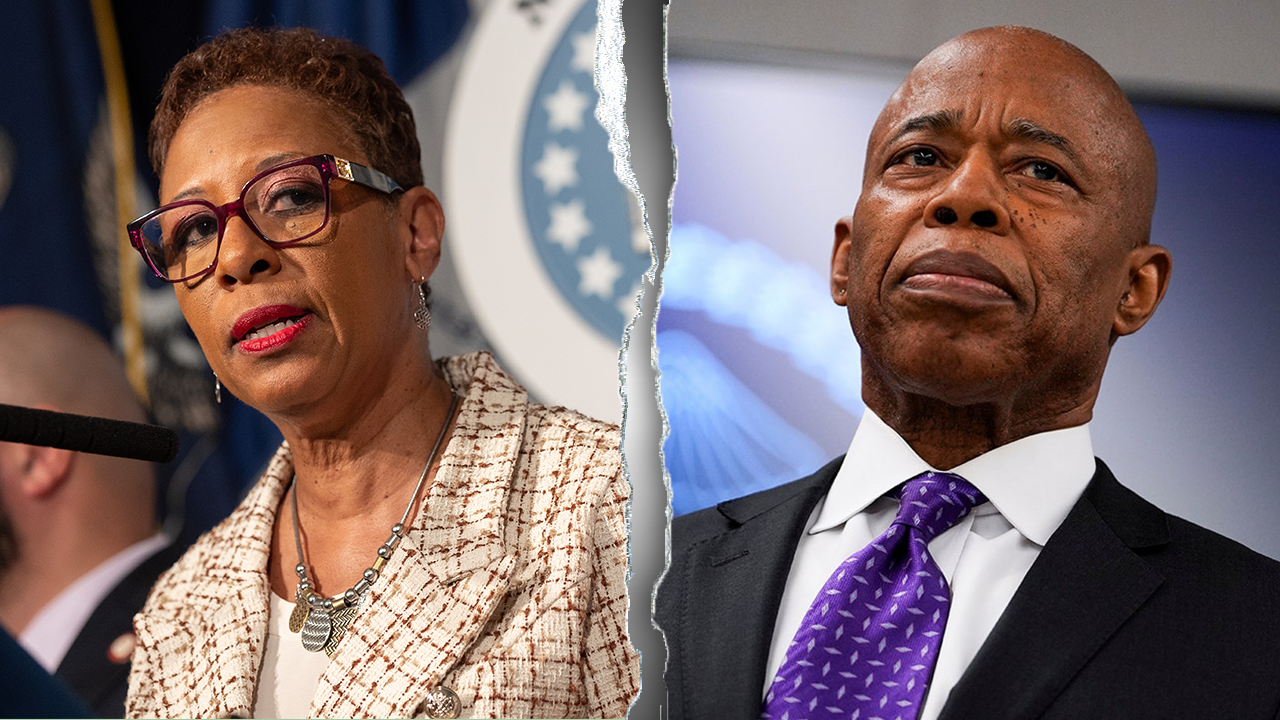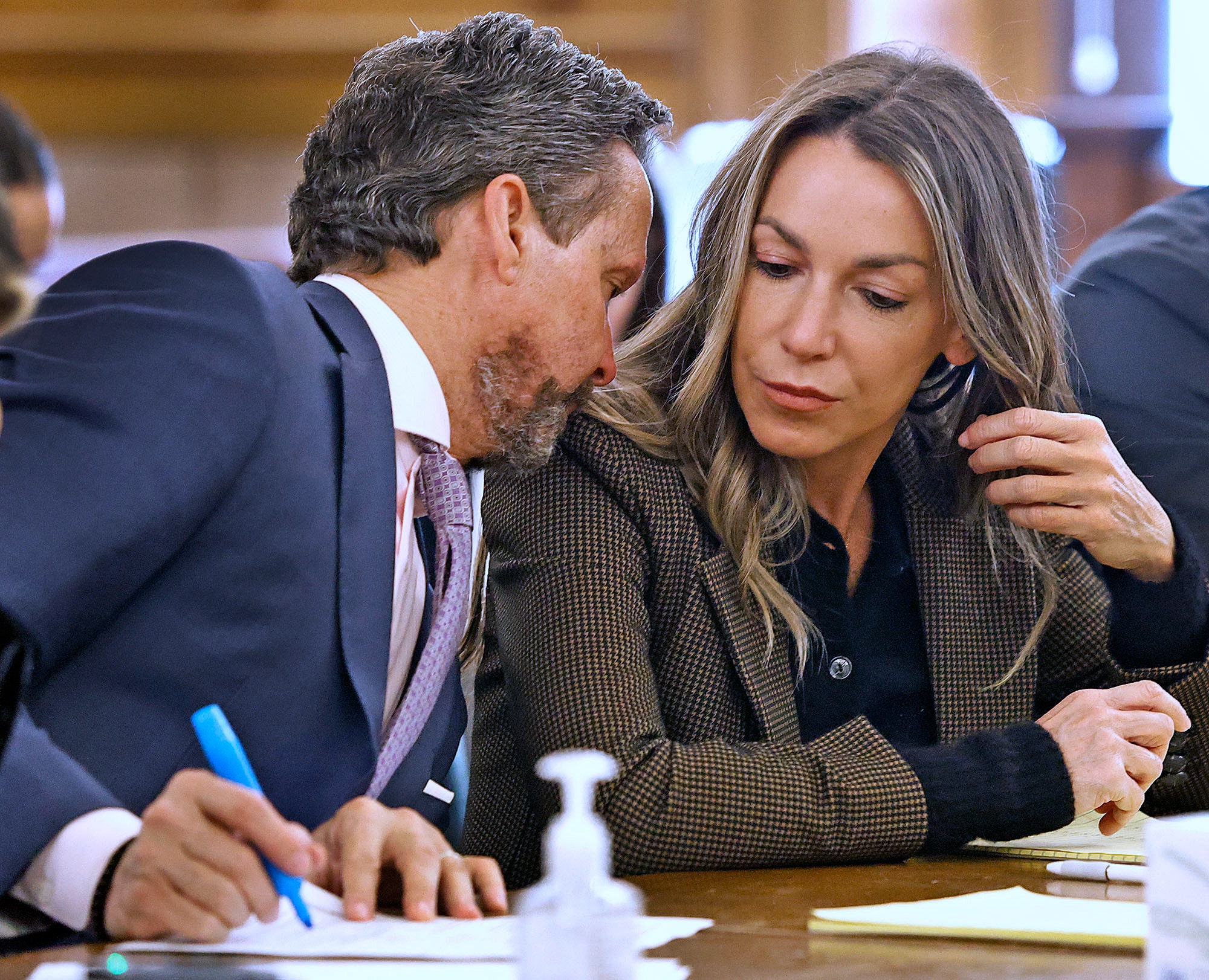ARTICLE AD BOX
President Trump will meet with House Republicans who refuse to sign off on Senate changes to the budget blueprint for enacting his agenda.
The holdouts refuse to back the Senate version because it lowered the bar for spending cuts.
The critical meeting at the White House on Tuesday afternoon comes as House GOP leaders are far short of the votes they need to adopt the revised budget this week, as scheduled.
More than a dozen Republicans are opposed to the latest version of the budget, and GOP leaders cannot afford to lose more than three.
At issue is a wide gap between the chambers on spending cuts the budget instructs their committees to come up with for the “one big, beautiful” reconciliation package that will carry the president’s agenda.
The Senate instructions set a collective spending cut floor of $4 billion over 10 years, a minuscule amount compared to the $1.5 trillion floor set in the House instructions.
“What we have to do is acknowledge the Senate is the lowest common denominator. They tend to not be able to have the appetite to do any of the hard things,” said Rep. Eric Burlison, Missouri Republican.
Mr. Burlison, a member of the hardline House Freedom Caucus that is driving much of the opposition, said the Senate’s offer is not what the president was asking for. Adding stiffer guardrails to guarantee deeper spending cuts would get “everybody on board,” he said.
Mr. Trump, however, has endorsed the latest version of the budget, saying it has the elements needed for Republicans to write legislation delivering “historic spending cuts,” a permanent extension of his first-term tax cuts, border security and “much more.”
The president is urging Republicans to get on board to keep his agenda moving.
“THE HOUSE MUST PASS THIS BUDGET RESOLUTION, AND QUICKLY — MAKE AMERICA GREAT AGAIN!” he wrote on social media Monday evening.
Pressure from Mr. Trump has helped Republicans coalesce around other tough votes this year, like a government funding stopgap lasting the end of the fiscal year. But this time, some of the holdouts say they won’t budge without changes to the budget numbers or seeing the spending cuts the Senate will support.
“This resolution is just not going to pass tomorrow or Thursday,” House Freedom Caucus Chairman Andy Harris said, referring to the remaining days the chamber is scheduled to be in session before a two-week recess for Passover and Easter.
“No matter what the president tells anyone, the votes just aren’t there,” the Maryland Republican said.
Mr. Harris said it’s possible Mr. Trump can widdle down the more than a dozen opponents but not to the three maximum defections GOP leaders can afford. He said he was invited to the meeting with the president but declined because “he’s just not going to change my mind on this.”
Mr. Harris and other Freedom Caucus members are suggesting two alternative options: Either the House goes to conference with the Senate to resolve the budget dispute or just sits on the resolution while negotiating spending cuts that will be included in the final bill.
“We don’t have to stop our work on reconciliation because of this resolution,” said Rep. Andrew Clyde, Georgia Republican. “We’re going to get it right, but sometimes it just takes a little time.”
Rep. Ralph Norman, South Carolina Republican, is also adamant the Senate needs to show its plan for spending cuts before the House adopts the budget. A GOP senator, whom he declined to name, told him the Senate will not have the votes to pass even $1 trillion in spending cuts.
“The trustworthiness of the Senate is suspect,” Mr. Norman said.
GOP leaders did not seem to worried about the opposition, confident Mr. Trump will help rally the troops as he has in the past.
House Majority Leader Steve Scalise, Louisiana Republican, said Mr. Trump was “all-in” on the budget plan, and noted that he has been a key advocate in helping pass bills so far.
“We’re going to continue to lead and get the Senate there, but we can’t wait for the Senate to get where we are, because that will delay this whole process at least one, two more months,” he said.
House Speaker Mike Johnson, Louisiana Republican, reiterated that the Senate’s amendment was a means to an end to unlock the budget reconciliation process. He said the Senate’s plan made no changes to the House instructions, and the final reconciliation package “has to include historic spending reductions.”
“You’re going to see the Republican Party in both chambers working together as one team,” the speaker said. “I know that’s a rare occasion, and people don’t really know what that looks like, but we’re actually going to do it this time.”
What’s notable about the budget opposition is that it’s not all coming from the usual voices in the Freedom Caucus.
Rep. David Schweikert, Arizona Republican and chair of the Joint Economic Committee, said he is open to commitments from Mr. Trump about spending cuts that will be achieved later in the process. But he said those commitments would be best memorialized in the budget document or other creative parliamentary maneuvers that guarantee it gets done.
“We know the Senate has a certain amount of mashing of teeth and bed wetting and everything else,” Mr. Schweikert said. “Fine, put in some shock absorbers.”
Rep. Marjorie Taylor Greene, Georgia Republican and a fierce Trump ally, said she would attend the White House meeting to discuss spending cuts and how to ensure that his agenda passed.
“The $4 billion in cuts, that is unacceptable, and I feel very confident that’s not where we’ll be when we get finished,” she said while declining to say whether she would oppose the budget without changes.

 1 week ago
10
1 week ago
10








 English (US) ·
English (US) ·